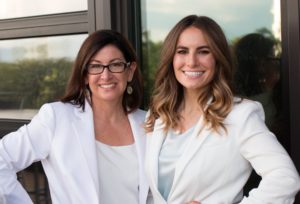“I used to be a good manipulator, and here it just doesn’t work….things get questioned here. I lied to myself a lot, too. I ask myself, “What is the truth?”
In order to really understand what happens in a therapeutic program, it’s important to listen to the kids themselves. At almost every school or program we (Louise Slater, May Peach, and I) went to, we did just that – listened. Note that when the kids were asked to talk about their issues, very few of them spoke of drug or alcohol use in isolation – and in fact, not all kids have even been involved in those issues. Rather, they demonstrated a remarkable sense of self-awareness and honesty that many adults don’t have.
The questions we asked were “What issues are you working on and what have you learned?” Here is what the teens had to say at one school. But answers were very similar in many places we visited.
• Narcissism
• Family relationships
• What I’m going to do with my life
• Examining my motives
• Relationships
• Eating disorders
• Substance abuse
• Dealing with my mom’s death
• How to deal with an alcoholic father
• Impulsivity
• Relationships
• Separate my own thoughts from my mom (who was also struggling) in a healthy way
• Doing program for myself, not for anyone else
• It’s empowering
• It’s my life
• Learning things many people never learn
• We’ll be a huge leap ahead (in terms of emotional awareness)
• Self-awareness
• When I go home on a home pass, I can’t identify with the life I thought I missed
• You’ve changed but maybe your family hasn’t changed as much
• When I went home, I was actually looking forward to coming back
• I can handle myself better
• Helps define good/bad relationships
• See there’s a way out of the past – you aren’t defined by it
• Hope
• Identify negative behaviors
• Learned how to be honest
• Support
• Make good relationships
• People will call you out if needed
• Family – the school also works with the family, too – that’s huge since he’s been there
• Can’t B.S. here – looking back, it’s what has helped him the most
• People stick with you
• Feels like a family here
• School is really cool here – they teach you to take the initiative
• I’ve made the best friends I’ve made in my life here
• Family therapy – I live 2500 miles from my family and I’ve never been closer to them
• Working through anger, resentments – I have completely different relationships now
Then we asked, “What plans do you have for your future?”
• I’d like to be a psychology major, go to law school, and help other kids get the help instead of going to jail
• I don’t know where I’d be if I hadn’t come here …maybe dead by now
• I wouldn’t put it past myself to want to work in one of the places…I want to give back
• Teach art in a treatment center
• Be a chef
I’m sure the list would have been much longer, but we ran out of time. The kids we met were awesome – open , honest, and real. They were eager to talk, and their enthusiasm for the changes they have seen in themselves as a result of the hard work they have put in was a justifiable source of pride. What also moved me was the love and support they showed for each other – they showed true empathy and personal connection.
Do you know of a teen who is struggling? They may not want the help to begin with, but after listening to the kids themselves, we can see that the right program does help to give a teen his/her life back. Let us know if we can help advise a family through the process.
The next blog will explore the different kinds of therapeutic programs and schools.
by Rebecca (Becky) Grappo, founder, RNG International Educational Consultants, LLC










